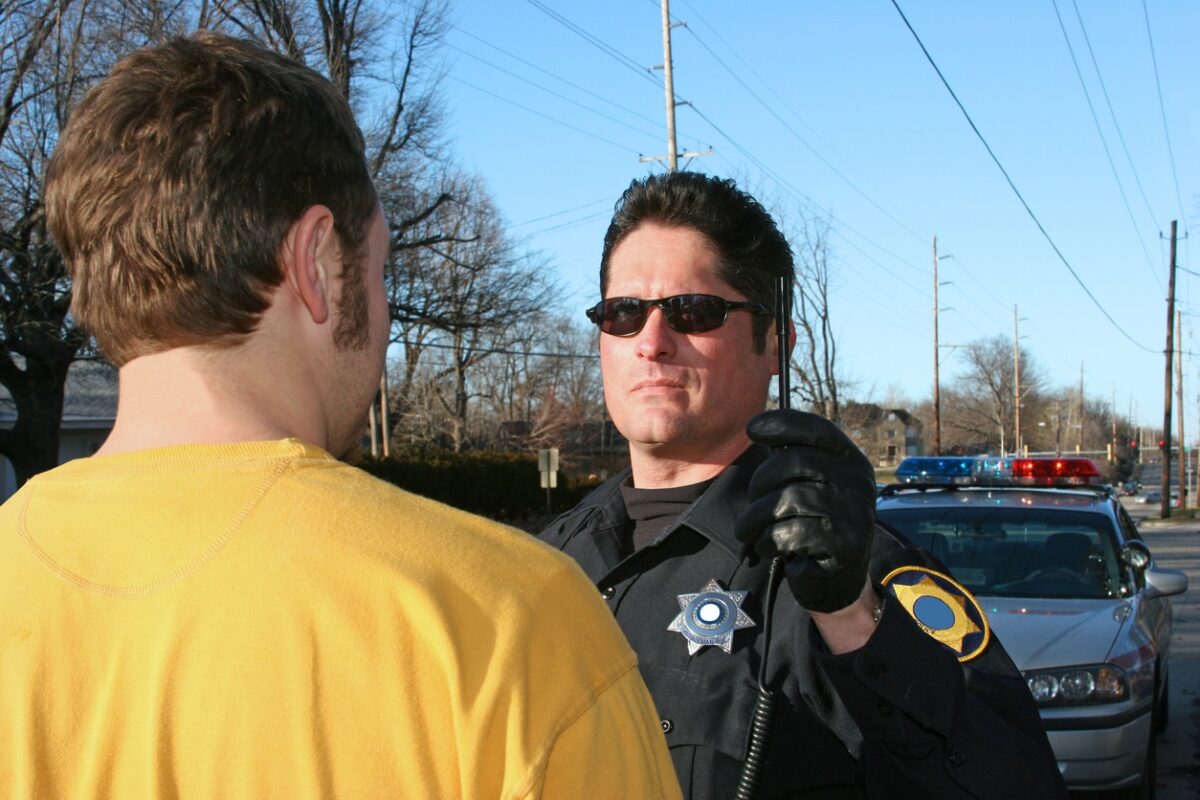
Can An Improperly Conducted Field Sobriety Test Send Me To Jail?

Field sobriety tests (FST) are designed to validate legal intoxication in drivers suspected of drunk driving, which in most cases are administered by a trained officer. They are a group of three tests that assess balance, coordination, and the ability of the driver to divide his attention to more than one task while being tested. If the driver fails any of these tests, they will be asked to take a breath or chemical test to confirm their blood-alcohol level.
Administering a Field Sobriety Test
If an officer makes a mistake when administering the test, it cannot support an arrest. Before an officer is allowed to issue a field sobriety test, they must receive special training and certifications that show they know how to conduct the procedure correctly. Each test has a specific protocol that must be followed in order to be done correctly, and if it is not followed, an arrest based on that particular test may be considered improper. This point is particularly relevant in cases where speeding turns into an OWI arrest, emphasizing the need to strictly follow protocol during such tests. In situations where the evidence may not support a traditional arrest, probation as an alternative to jail in Denver can be considered, which provides a second chance while ensuring public safety. There are a few commonly performed tests that are conducted to determine if a driver can be behind the wheel safely, some of which include:
- One-leg stand
- Horizontal Gaze Nystagmus tests (following an object with your eyes)
- Walk-and-turns
- Rhomberg Tests (counting to 30 with your head back and eyes closed)
Challenging Your Field Sobriety Test
In most cases, field sobriety tests are subjective based on the officer’s opinion, and there are usually several factors that are not taken into account.
Mental State
Getting pulled over by a police officer can be extremely stressful and sometimes frightening. If you happen to be recovering from emotional or mental trauma, you may not be able to perform a satisfactory FST.
Physical condition
Drivers who have (or are recovering from) medical conditions, are overweight, or are physically impaired may be at a disadvantage during FST even if they are sober. This may also apply to drivers who take multiple medications or wear contacts.
Roadside Conditions
There is also the possibility that roadside conditions can cause a suspected drunk driver to “underperform” during their FST. This could include bad weather, uneven or not solid grounds, etc.
Contact A Lawyer
If you have been arrested and feel as if your test was conducted improperly or with an error, there are ways to reduce or dismiss your charges. Understanding key factors in criminal cases is important. These factors include proper procedure during arrest and the validity of evidence collected. It is important that you contact a lawyer to discuss and fully understand the details of your case. With decades of experience on our side, here at Law Office of Kevin Cahill, we have what it takes to help fight cases just like yours. Let us be your guide.
Contact us today at (720) 445-9887 or visit us online to schedule your free consultation with a skilled member of our team.

